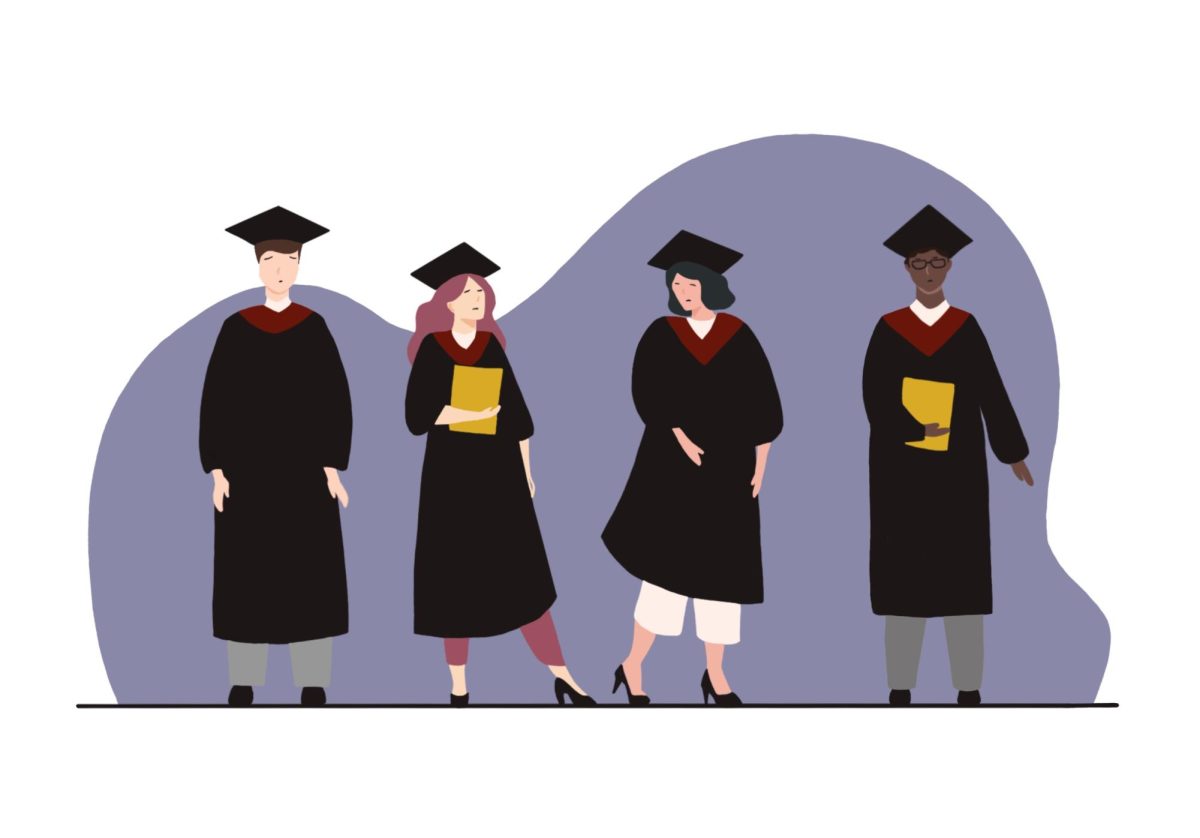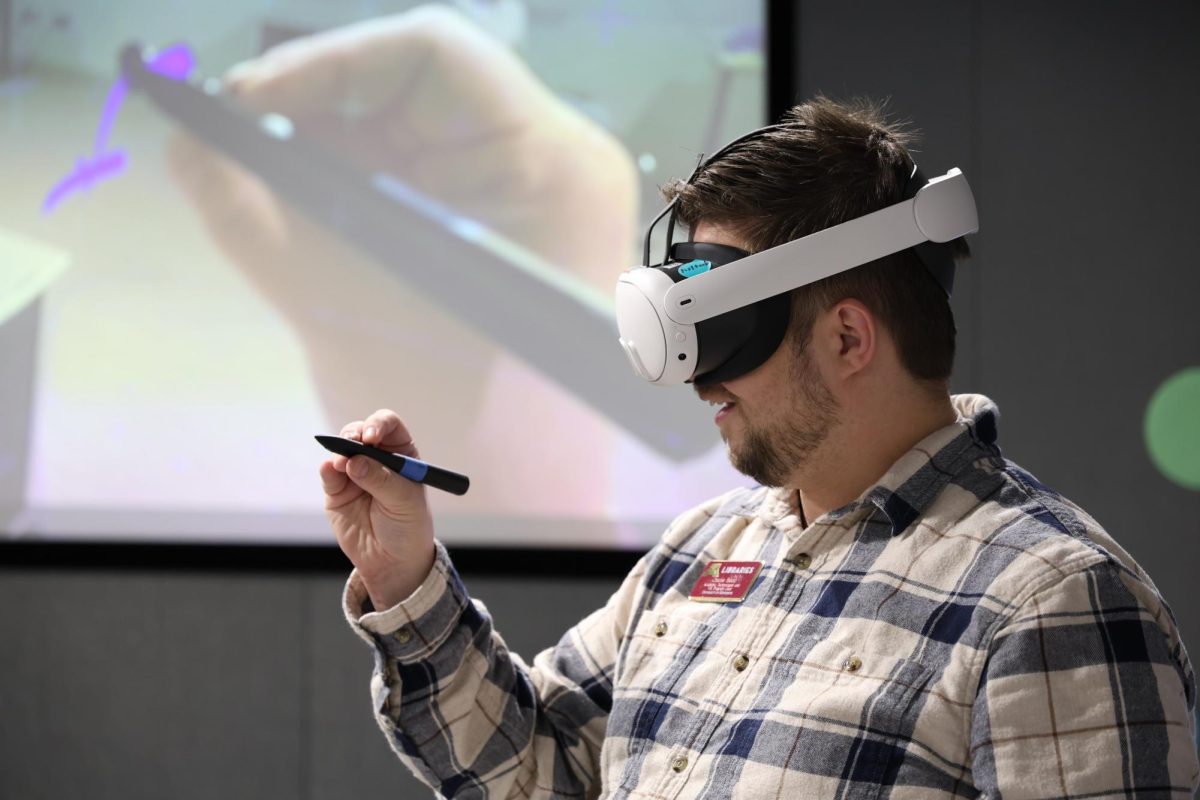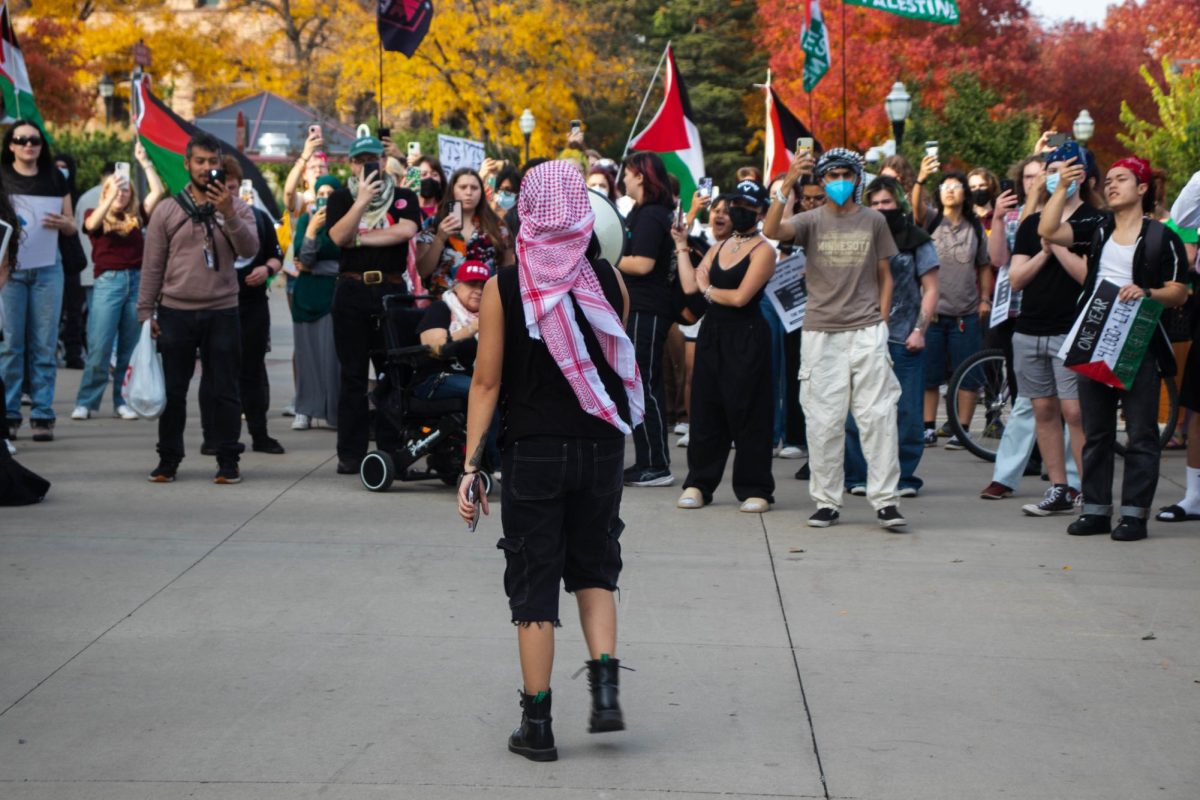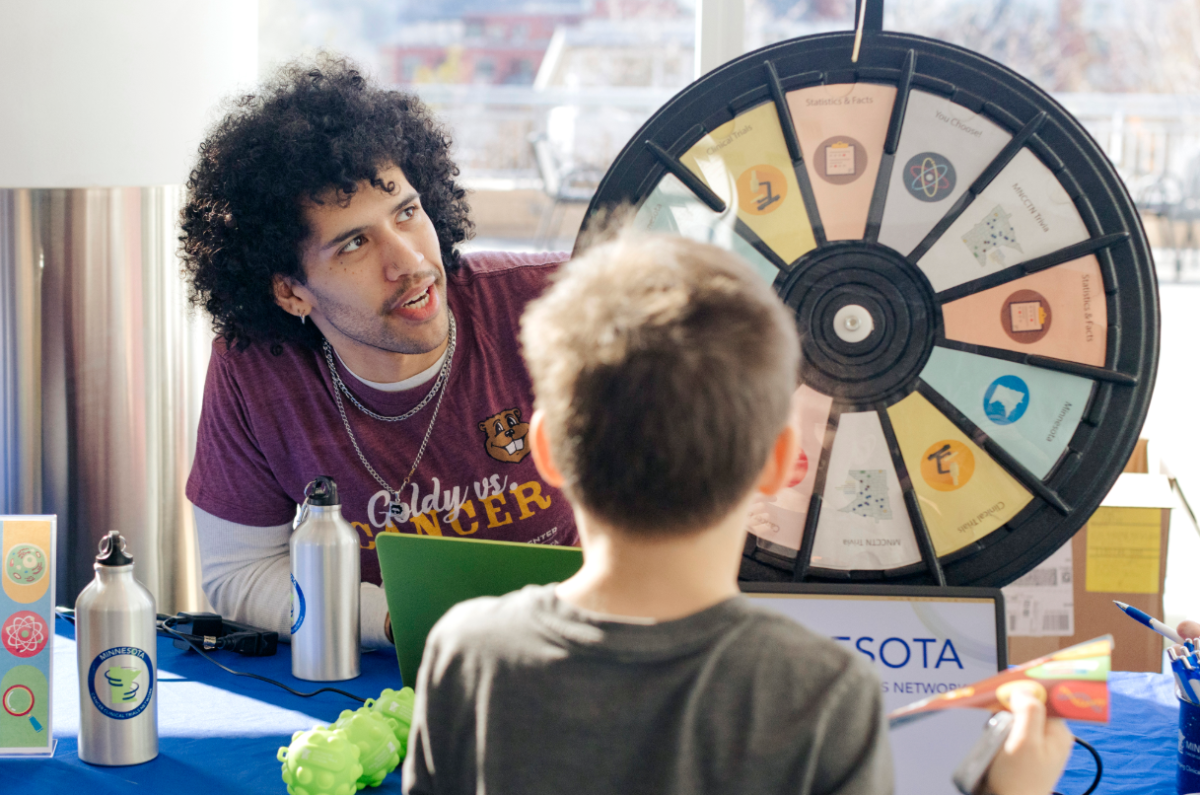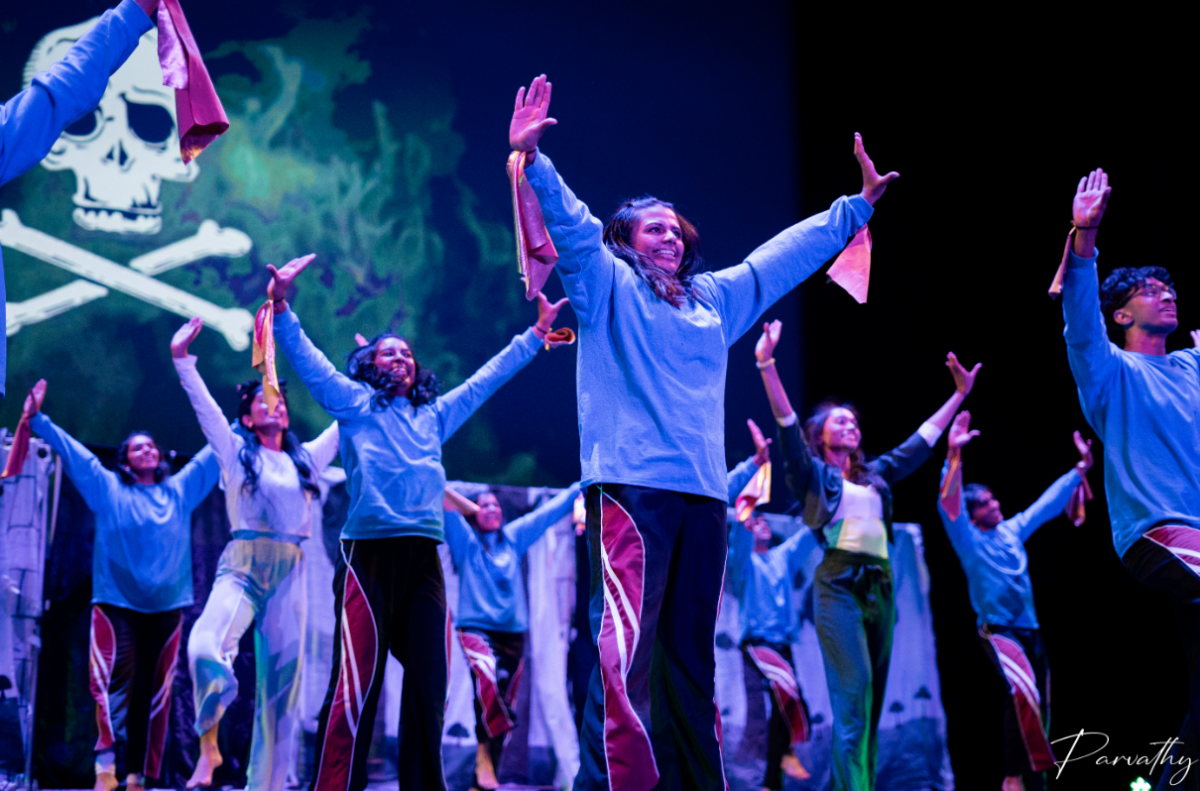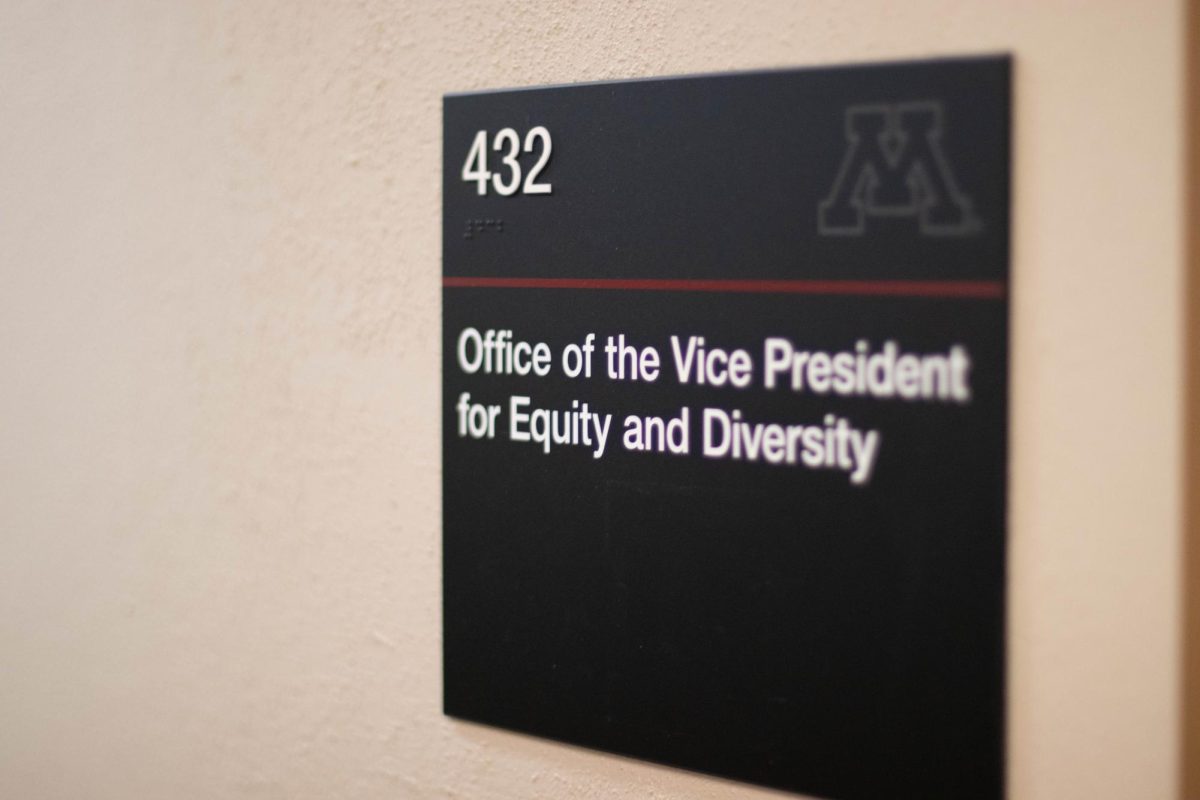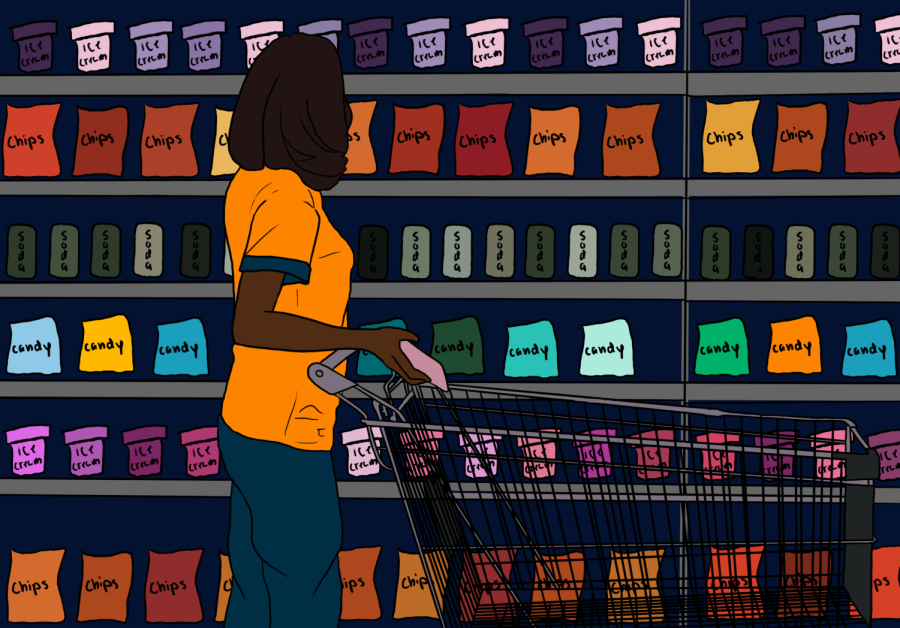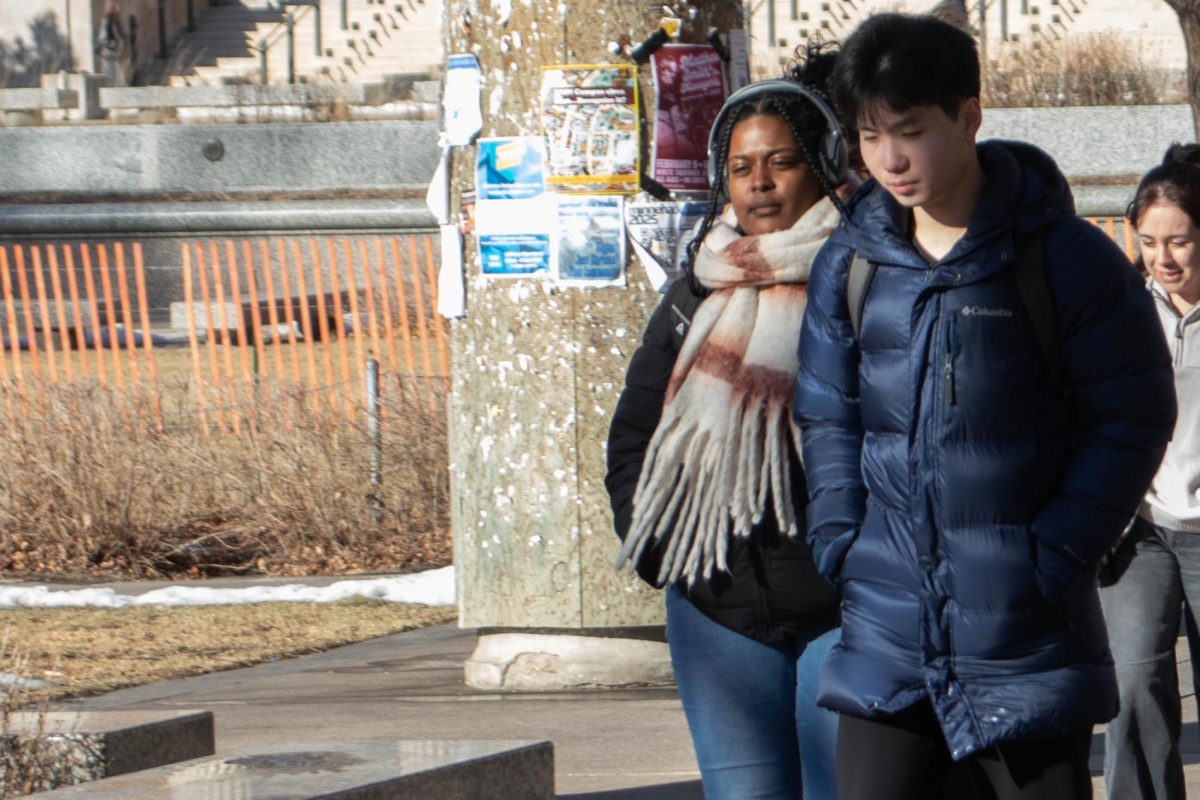University of Minnesota students applying to graduate school this semester face stressors and difficulties during the application process as they deal with application requirements and different programs to consider.
Students who apply for graduate school do so for various reasons, such as to pursue research opportunities or to receive more education about their field.
Chenchen Liu graduated from the University last spring with a bachelor’s degree in psychology and sociology and is currently a lab manager at the University’s Institute of Child Development.
Liu began applying for graduate school last year but lacked research experience and preparedness, which led to one interview at a school where she was later rejected. Now, she is applying for schools with research programs in clinical psychology.
“Two years ago, I found out that I’m really passionate in doing research,” Liu said. “A doctorate program is one of the best ways to pursue research in the psychology area.”
Liu plans to apply to 13 schools, including Boston College, Purdue University, the University of Indiana, the University of Illinois, New York University and the University of Minnesota on a counseling psychology track.
Liu said she first began participating in research programs two years ago and worked with multiple faculty members in different labs. Her current position at the Institute of Child Development helps her to focus on her research skills and her graduate school applications.
“I’ll look at schools’ lab websites and look through current publications to see if their research, interest or current research topic match with my personal research interests,” Liu said. “That’s the [top] priority thing that I consider when applying to a program.”
Aryanna Albee graduated from the University last spring with a bachelor’s degree in architecture and is currently in her first year as a graduate student at the University of Illinois Urbana-Champaign (UIUC). Albee said she went to graduate school because she felt like her education at the University did not prepare her for her career aspirations.
“I was a transfer student, I went to community college and then I transferred to the University of Minnesota, and then the few years that I was there was mostly over COVID,” Albee said. “A lot of the stuff was online, so I feel like a lot of my education was also lacking during that time.”
Albee said she chose to attend UIUC for graduate school because of its well-known non-Ivy League architecture program and to be able to live with her husband, who is in a Ph.D. program at UIUC.
Lin Boemer is a fourth-year neuroscience student applying for Ph.D. programs. Boemer said she spent time researching schools and has a spreadsheet of all the schools she is considering.
“I’m spending 12 credit hours a week on this since August,” Boemer said. “Even just in the last week I’ve spent 10 hours writing and editing my personal statement, resume and CV.”
Albee said she thinks the goal for bachelor programs is to graduate with your bachelor’s degree and advisors only have information about the graduate school at the University.
“The truth is, there’s so much opportunity, there’s so much difference, there’s so much room for really making your education what you want it to be, and you don’t have to follow what they recommend,” Albee said.
Albee and Liu, both first-generation students, said there were few resources to help them with navigating graduate school applications. Liu is also an international student.
“It was pretty hard my first round [of applying], because I had no information at all. I barely know anything about the application system here,” Liu said. “What I did was Google them, looked through their program website, then consulted with some faculty here and talked to some current grad students to see if they have any resources.”
Since Liu is no longer a University student, she is not able to utilize University resources, such as the writing centers, to help with her personal statement, an essay that is required for her graduate school application.
“Language is one of the barriers that many immigrants or international students face,” Liu said. “It took me a lot of time trying to figure out what kind of things I should write and how to write it like a competitive applicant. I have to ask for help from my friends or a native English speaker.”
To prepare for graduate school applications, Albee took a portfolio class last fall, as she did not have one for applications. She said she spent winter break working on her essay and finishing the application.
According to Albee, UIUC had various masters programs for architecture tailored toward different backgrounds and career interests, which she found confusing in determining the program she wanted to pursue.
“I didn’t want to go into a firm and I didn’t want to work as a drafter,” Albee said. “I wanted to do more research and I wanted to learn a little bit more about the psychology of architecture.”
After working with her graduate school advisor, Albee decided she would pursue a professional teaching track and plans to take next semester off.
“I think that I rushed into something that I didn’t have enough time to figure out,” Albee said. “I wish I knew what all of my paths were and what all of my opportunities were because I would have been able to better use my time.”
Despite the challenges, Boemer said she is grateful to have a support system in her family, friends and peers during the application process.
“My family has been really excited for me to go on this journey,” Boemer said. “My dad has been telling me that it’s all going to work out, even though he can’t offer actual support in terms of editing or knowing what’s happening, but they are really excited for me to be going on to this next step.”


